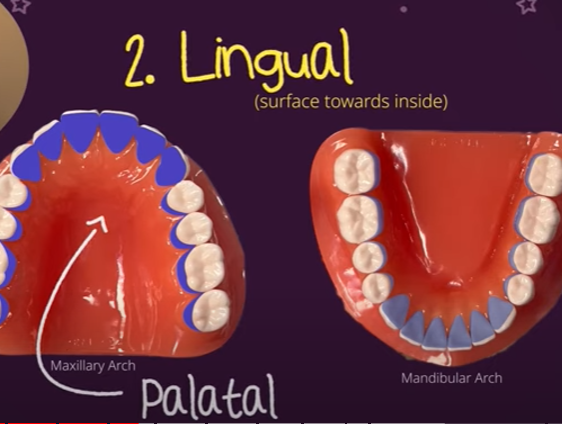What are Lingual Braces?
Lingual braces are a type of orthodontic appliance that is placed on the back of the teeth. This makes them much less visible than traditional braces, which are placed on the front of the teeth. Lingual braces are a good option for people who want to straighten their teeth without having to worry about their braces being visible.
How do Lingual Braces Work?
Lingual braces work in the same way as traditional braces. They use brackets and wires to gradually move the teeth into their correct position. The main difference is that lingual braces are placed on the back of the teeth, which makes them less visible.
Benefits of Lingual Braces
There are several benefits to choosing lingual braces over traditional braces.
- Discretion: Lingual braces are much less visible than traditional braces, which can be a major advantage for people who are self-conscious about their teeth.
- Effectiveness: Lingual braces are just as effective as traditional braces at straightening teeth.
- Customization: Lingual braces can be customized to fit the individual patient’s teeth, which can make them more comfortable and effective.
Drawbacks of Lingual Braces
There are a few drawbacks to lingual braces.
- Cost: Lingual braces are more expensive than traditional braces.
- Comfort: Lingual braces can be less comfortable than traditional braces, especially in the first few weeks of treatment.
- Speech: Lingual braces can sometimes interfere with speech, especially in the beginning.
Who is a Good Candidate for Lingual Braces?
Lingual braces are a good option for people who want to straighten their teeth without having to worry about their braces being visible. They are also a good option for people who have crowded or crooked teeth, or who have an overbite or underbite.
If you are considering lingual braces, it is important to talk to an orthodontist to see if they are a good option for you.
Here are some additional things to keep in mind about lingual braces:
- The treatment time for lingual braces is typically the same as for traditional braces.
- Lingual braces require regular dental visits for adjustments and monitoring.
- It is important to brush and floss your teeth regularly to keep your teeth and gums healthy while you are wearing lingual braces.
If you are considering lingual braces, talk to your orthodontist to learn more about the benefits and drawbacks of this type of orthodontic appliance.

